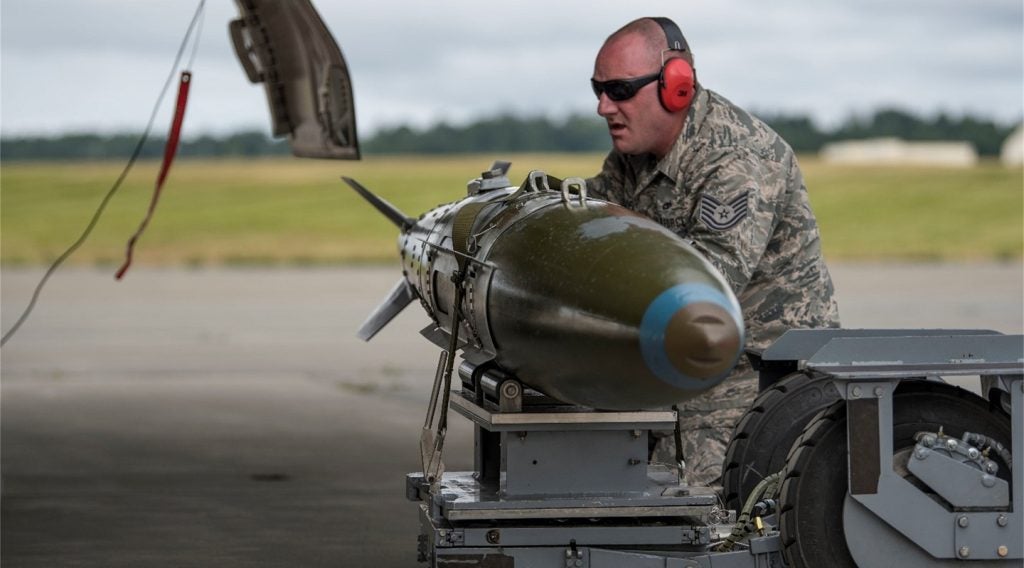Science Applications International Corporation (SAIC) has received a contract to provide engineering services for the US Defense Advanced Research Projects Agency’s (DARPA) adaptive radar countermeasures (ARC) programme.
Featuring a six-month base performance period and 54 option months, the multiple-award, cost-plus fixed-fee contract has a maximum potential value of $31.5m for both awardees, if all options are exercised.
Under the contract, the company will deliver a wide range of engineering services, including the design, development, integration and testing of a viable ARC system that allows independent insertion of additional third-party algorithm developers.
SAIC senior vice president and group general manager John Fratamico said the company’s comprehensive ARC solution will help DARPA to potentially mitigate advanced radio frequency (RF) threats to airborne platforms in the future.
"This technology represents the trending future for current and new electronic warfare systems operated by our military," Fratamico added.
The ARC programme aims to allow US airborne electronic warfare systems to automatically generate effective countermeasures against new, unknown and adaptive radar systems based on their over-the-air observable threat behaviours in real-time in the battlefield.
How well do you really know your competitors?
Access the most comprehensive Company Profiles on the market, powered by GlobalData. Save hours of research. Gain competitive edge.

Thank you!
Your download email will arrive shortly
Not ready to buy yet? Download a free sample
We are confident about the unique quality of our Company Profiles. However, we want you to make the most beneficial decision for your business, so we offer a free sample that you can download by submitting the below form
By GlobalDataScheduled to be developed using an open architecture, the ARC technology will be capable of isolating unknown radar signals in presence of other hostile, friendly and neutral signals, and eventually lessen the threat posed by the radar.
Open architecture use will support integration, modification, and removal of software modules with minimal impact on other elements of the ARC, whose algorithms and signal processing software can be inserted into both new electronic warfare systems and retrofitted in existing systems without extensive rework of front-end radio frequency hardware.
Work under the contract is scheduled to be primarily carried out in Virginia, and New Jersey, US.








